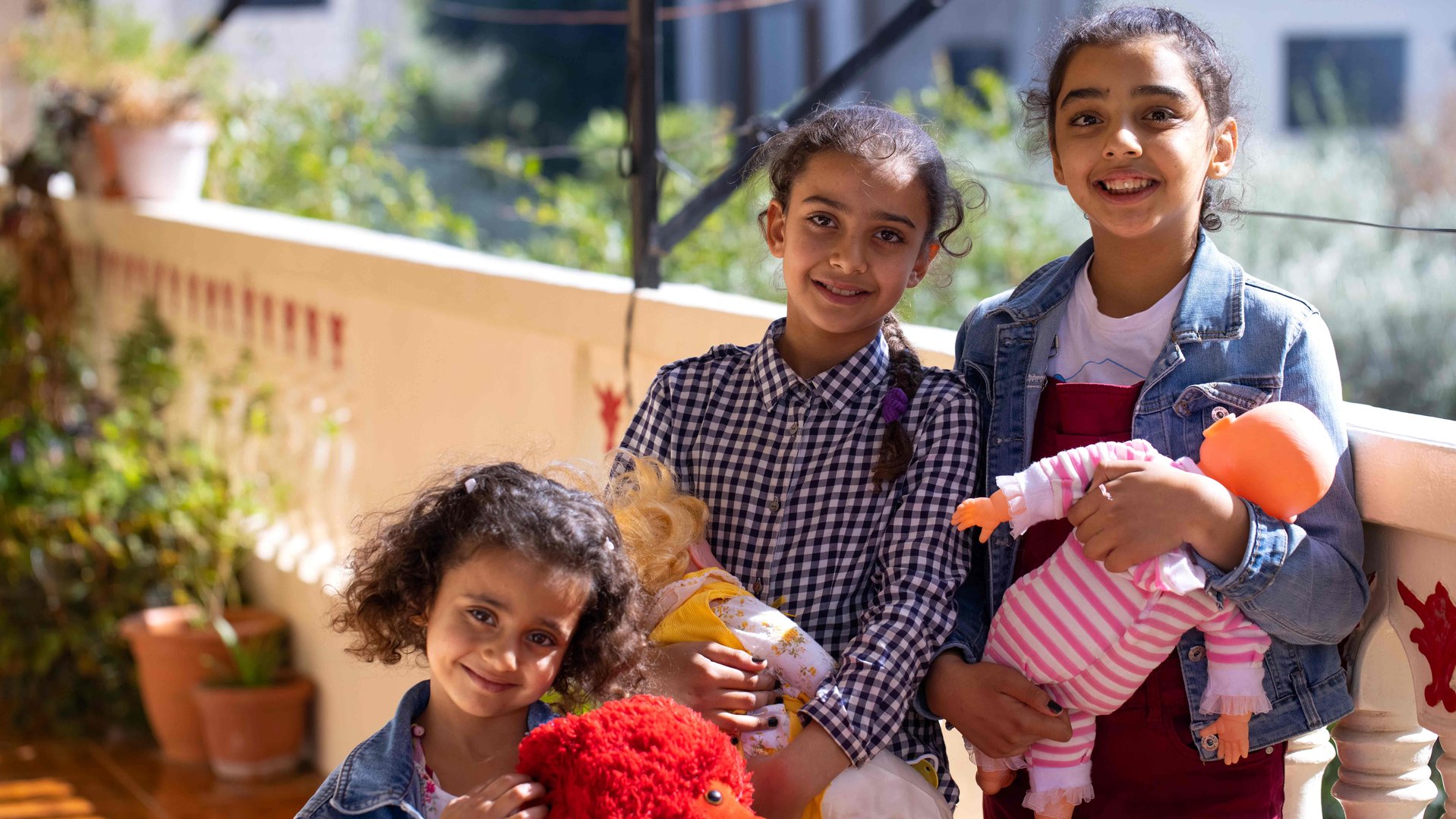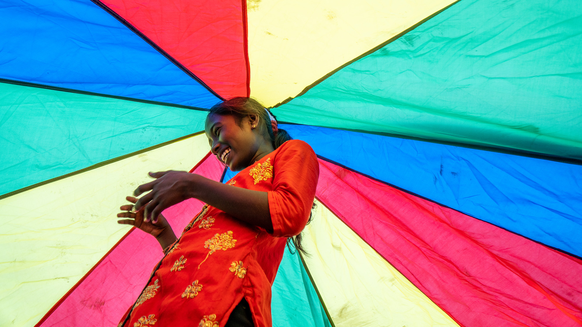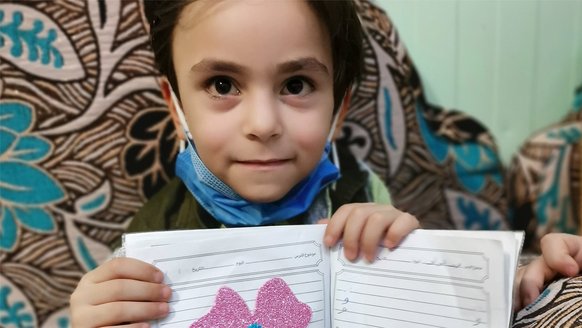A Journey With Road Bumps But Bayan (11) Refuses to Surrender
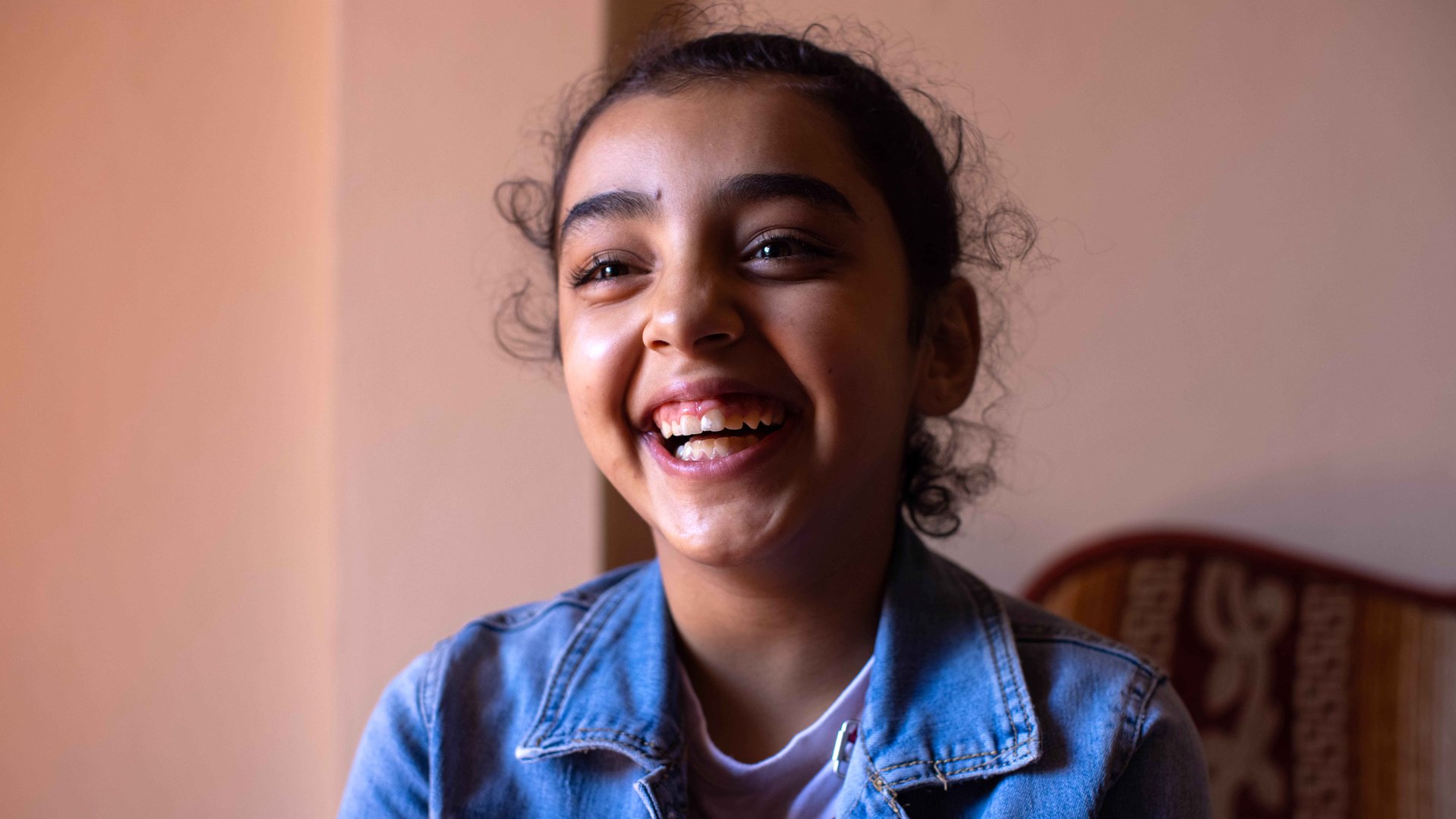
Social Exclusion
At War Child we witness the resilience of children every day. Yet, it doesn’t leave us any less gobsmacked when we come across a new superstar. Since the day Bayan (11) was born, illness and misfortune have followed her about. In her first days of life, she lost her hearing and, as a result, her ability to speak as well.
Growing up in a country plagued by an economic crisis and political unrest, the chances to pursue her dreams were second to none. Add her disability to the mix and she was quickly excluded from mainstream schooling options, confined to her home throughout her childhood.
Education, Psychosocial Support, Protection - The Full Package
That was until her mother stumbled upon the Future is Ours programme in Wadi Khaled. The programme - implemented together with local partner Akkar Network for Development with funding from the Dutch Ministry of Foreign Affairs - is specifically focused on building a more inclusive learning environment.
One way in which we achieve this is by incorporating psychosocial support and case-management services within the education programme. War Child teachers and facilitators not only explore creative ways for Bayan to overcome her impairments and start learning, they also spend time introducing her to her classmates - explaining her disability to them and making sure they are supportive.
“A Different Person”
With this new-found friendship group and self-confidence, Bayan quickly flourished. After all, her academic progress had less to do with her abilities and much more with her lack of social exposure and interaction over the years.
COVID-19 has increased these vulnerabilities for Bayan and many others. Findings from our recent study in Lebanon highlighted that 74 per cent of children asked expressed the need for psychosocial support citing limited access to schools and playgrounds as reasons for negative behaviour, sadness and loneliness.
“When she started attending classes at the center, she became a different person”, says Soumaya, Bayan’s teacher. “Her wellbeing improved drastically - from rock bottom to ecstatic.”
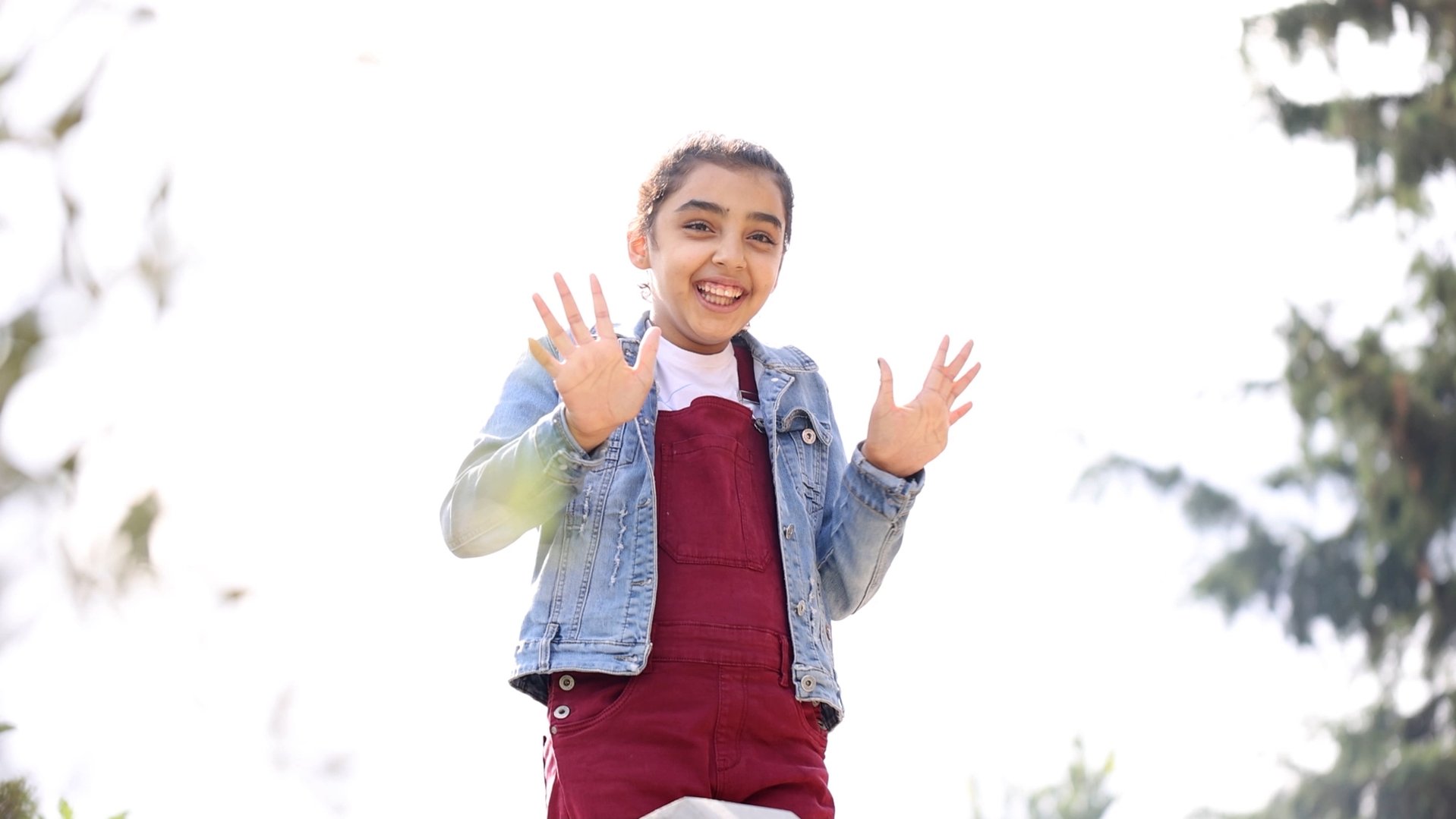
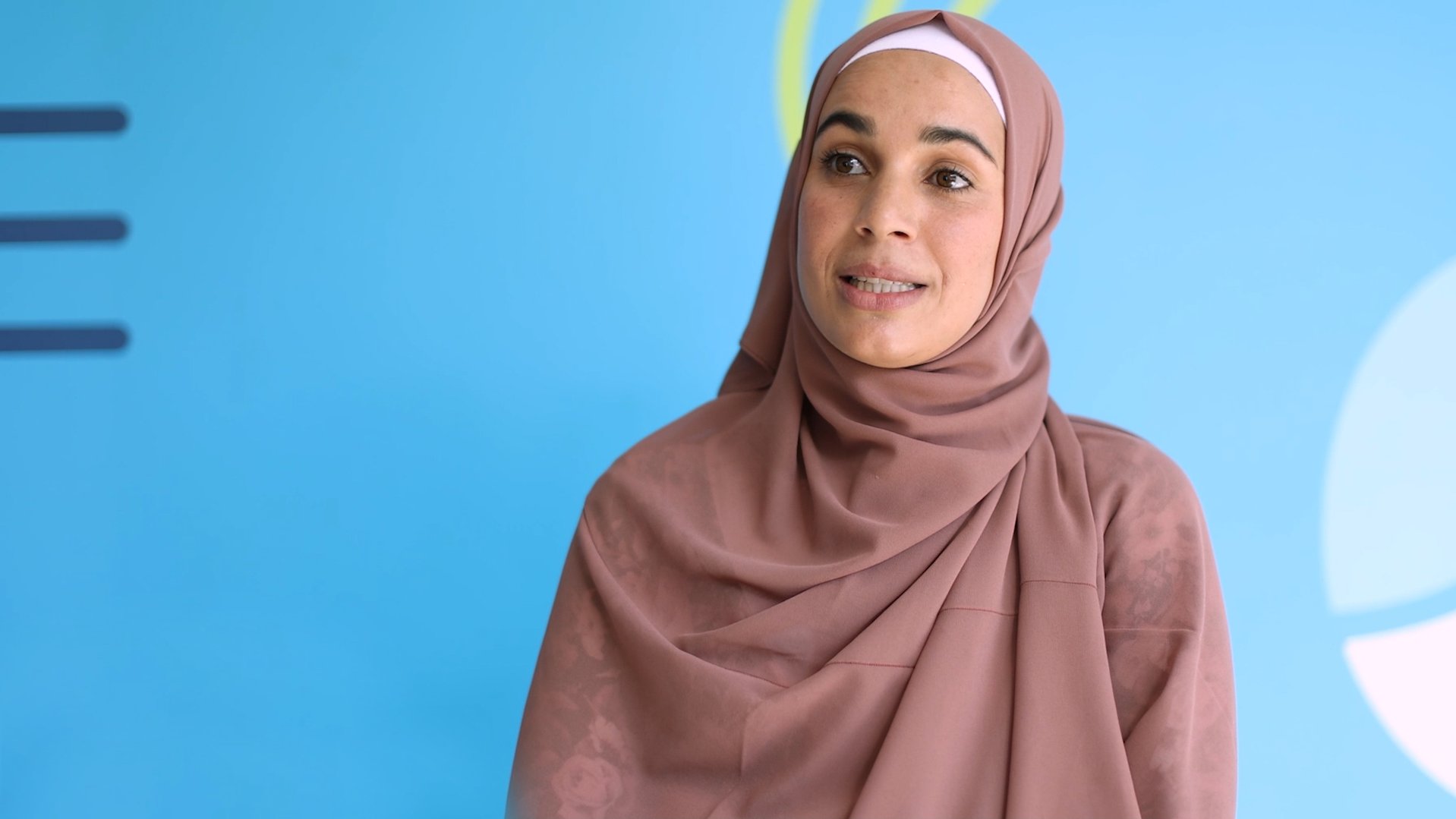
Fresh Crisis
Despite all she has achieved, Bayan is still fighting an uphill battle. Due to the latest COVID-19 outbreak, our center in Wadi Khaled is closed. Compounded by the worsening economic crisis, her dreams of attending a formal school or university seem increasingly unlikely.
This is reflected in an ongoing six-week strike by professors’ of the state-run Lebanese University (LU). The education of tens of thousands of students hangs in the balance as professors’ protest the glaring disparity between the salaries of permanent and part-time staff. Due to its affordability, many low-income students rely on LU, going on to become lawyers and politicians capable of influencing their countries future.
“The people of Lebanon are on their knees”, says Ahmad Jaber, War Child Middle East Communications Manager. “We’re going without basic commodities such as food, water and electricity - and we’re surviving. What we can’t afford to see is our hope; our future - all in the hands of the next generation - stripped away from us.”
